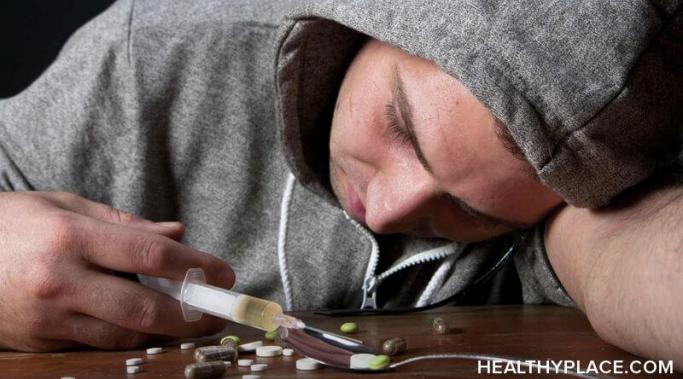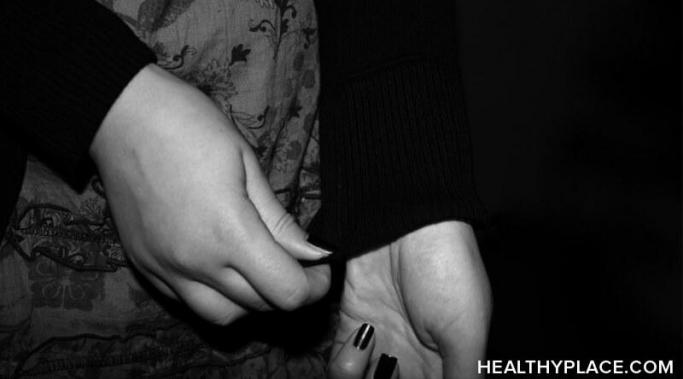Sometimes I wonder if I'm doing enough to fight mental health stigma. In the mental health community, one of the main things we talk about is combatting stigma. So much so that I'd argue there's this sense of pressure to always be going up against it as well. While fighting mental health stigma is important, pressure of any kind can be harmful.
Surviving Mental Health Stigma
One of the ways mental health stigma is spread is through negative labels and name-calling those with a mental health condition. This can happen no matter where a person falls on the mental health spectrum, whether they have a manageable or severe mental illness, but in all cases, calling people with a mental illness names not a helpful solution to mental illness.
One of the most pervasive stigmas of mental illness is the idea that people struggling with their mental health aren't trying hard enough to get better. There's this idea that those with similar, the same, or worse struggles have made it through a tough time so everyone else should be able to. But it's not that simple and people need to stop saying it is. People struggling with their mental health are trying to be well, and the struggle is harder than you think.
The stigma surrounding drug addiction can be just as pervasive as drug addiction itself. It's important to realize that spreading drug addiction stigma doesn't address the overall issue of drug addiction or to people recovering from the illness.
Fighting mental health stigma can be scary, especially knowing things will change once you stop being silent and start speaking out. The scariness might be because you live with a mental illness, so you'll be opening up to vulnerability. Or it could be because you'll be clashing head-on with stigma's titan-like reputation. Sometimes you're not even sure exactly how things will be different. So what changes when you begin fighting mental health stigma?
Mental health stigma centers a lot around silent struggle. Often we think about it in terms of stigma leading to shame and people being silent in their struggles. But to further complicate it, mental health stigma also tells us there's pride to be found in silent struggle.
#YouCantCensorMySkin is a backlash against Instagram's attempt to censor self-harm scars on the platform. There are many reasons why something might be censored. In the mental health sphere, it's often done in an attempt to avoid negatively impacting others by triggering them. This is especially true for self-harm, but it begs the question of at what point does censorship become stigma?
While there are many people in the world who continue to stigmatize mental health, sometimes the most trying situations come from dealing with the people in our immediate lives who continue to spread stigma. There are a number of ways to handle people who approach mental health from a perspective of stigma, but here are 2 easy ways that you can deal with the people in your life.
Grief from the loss of a pet is generally not well understood by others. But grief is a complicated experience that impacts people in different ways. Because loss isn't one size fits all, it can be difficult to understand, and the grief from the loss of a pet can become subject to stigma.









